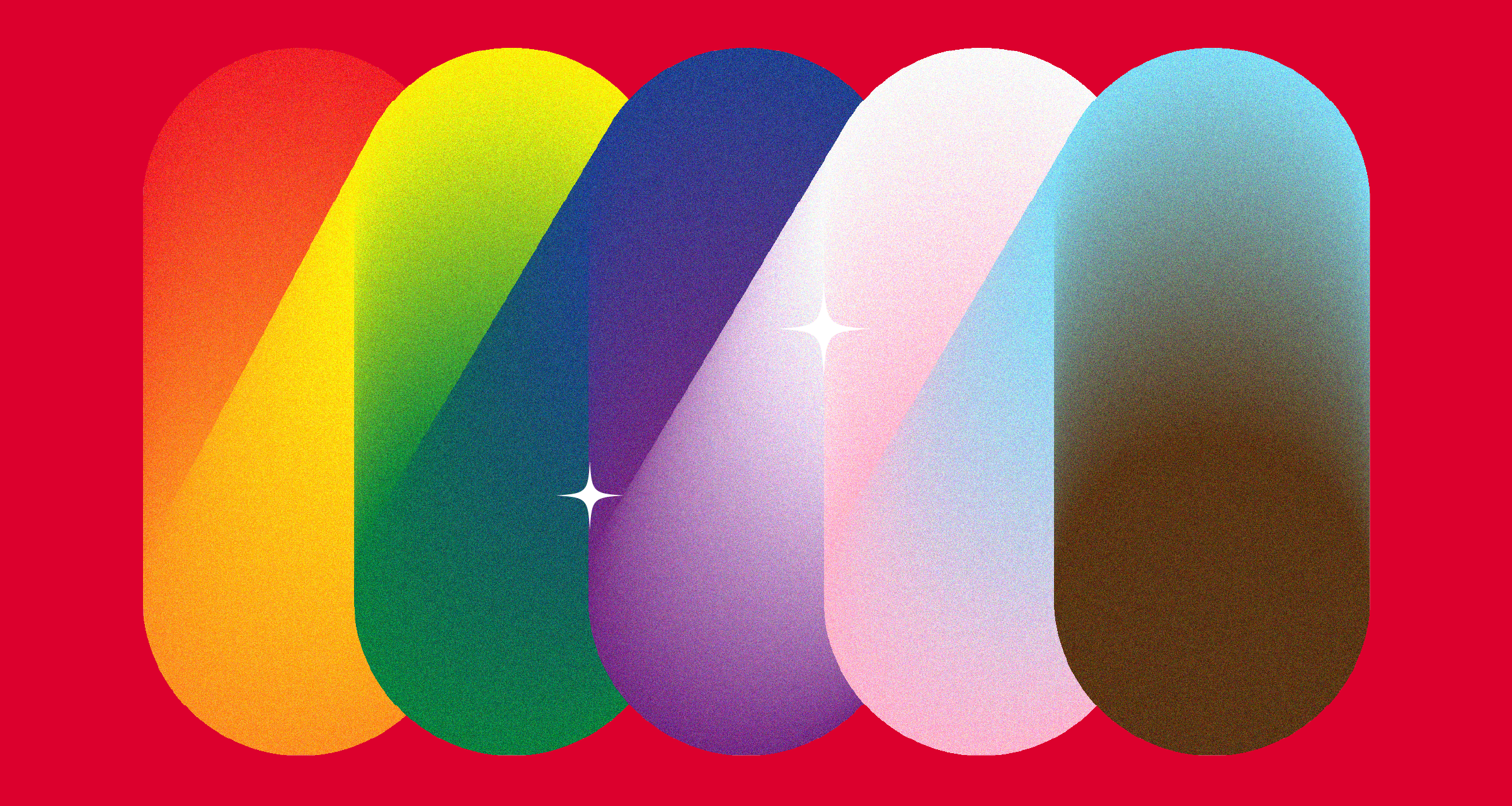Join Queer Science!
On Tuesday 4 June, researchers from the University of Groningen are organizing Queer Science: a science festival for anyone interested in learning more about LGBTQ+ related research. With lectures, citizen science, and a living library covering a wide range of fields. Everyone is welcome, there is no registration required, and the admission is free.
Can you tell if someone is gay just by listening to them? Why do LGBTQ+ youth have a higher risk of drug addiction or suicide? How do these youth develop social identities in high school? How did radical lesbianism in 1970s America contribute to queer liberation? How do we refer to non-binary people in different languages? And what does it mean if a warrior in a Stone Age grave turns out to have female DNA?
Whether it's linguistics or medicine, sociology or archaeology, research on gender and sexuality is conducted in all faculties of the University of Groningen. This year, these researchers have come together to host a science festival specifically focused on LGBTQ+ topics.
Activities during Queer Science
During Queer Science, visitors will be informed about and engaged in LGBTQ+ research in various ways. Visitors can engage in conversations with queer researchers and members of queer organizations in the Living Library. There will be a lecture on archaeological research that changes our view on traditional ideas about heterosexuality in prehistoric societies, and on research into income inequality in the job market for LGBTQ+ individuals.
Visitors can also contribute to scientific research by filling out a survey about which pronouns people would normally use for non-binary individuals. Visitors can leave encouragements for others on the Post-it wall, test their knowledge on LGBTQ+ topics during a quiz, and leave research proposals in the Idea Box.
More information about the program can be found here.
Diversity of queer research
Initiators Remco Knooihuizen and Wouter Kiekens, both employed at the University of Groningen, have initiated the festival to highlight the diversity of queer research. Kiekens says, "The emphasis is sometimes on negative results, showing, for example, that LGBTQ+ individuals are victims of bullying, depression, or exclusion from society. But queer research is much broader than that. It is important to emphasize that LGBTQ+ research is conducted in various ways at the university, to make it clear that queer people are not just victims."
The festival is open to everyone, regardless of their level of knowledge about science or the LGBTQ+ community, says Knooihuizen. "This is an open and free event for anyone who is open-minded and curious to learn about this topic."
When and where?
Queer Science will take place at the House of Connections, Grote Markt 21, in Groningen from 6:00 PM to 9:00 PM. Everyone is welcome, admission is free.
The languages during the festival are Dutch and English.
More information about the festival
Queer Science is organized by researchers from the Faculty of Arts and the Faculty of Behavioral and Social Sciences of the University of Groningen, in the context of Queer Saturday, the national event celebrating the freedom and emancipation of the LGBTQ+ community. In 2024, the city of Groningen is the host city of Queer Saturday. In the run-up to Queer Saturday, which takes place on Saturday, 22 June, various activities are organized in the city and province of Groningen to celebrate sexual diversity and gender diversity.
For more information about all activities in Groningen, go to the Roze Zaterdag website.

| Last modified: | 03 February 2025 1.30 p.m. |
More news
-
12 March 2025
Breaking news: local journalism is alive
Local journalism is alive, still plays an important role in our lives and definitely has a future. In fact, local journalism can play a more crucial role than ever in creating our sense of community. But for that to happen, journalists will have to...
-
11 March 2025
Student challenge: Starting Stories
The Challenge Starting Stories dares you to think about the beginning of recent novels for ten days.
-
11 March 2025
New: Sketch Engine, tool for language research
Sketch Engine is a tool for language research, which can also be used for text analysis or text mining.
